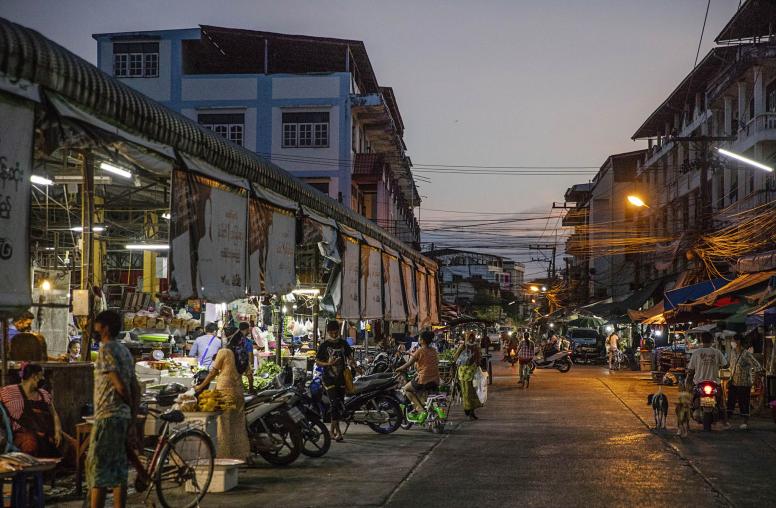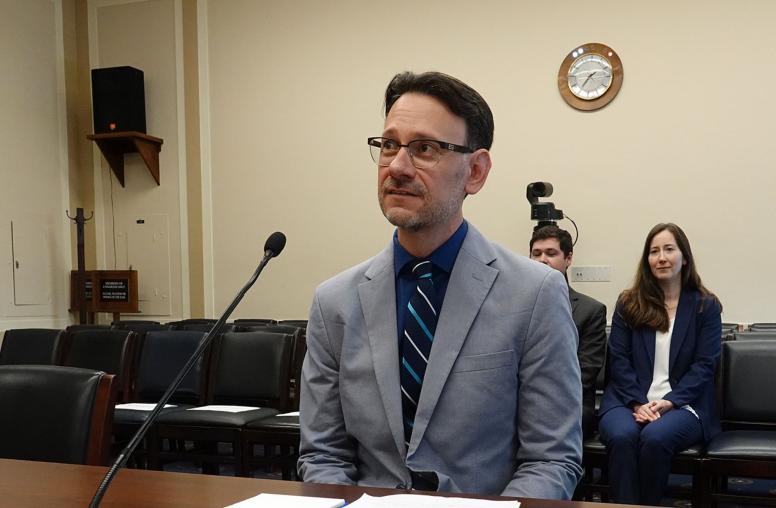The process of postwar reconciliation between the United States, Vietnam, Laos and Cambodia is one of the most remarkable stories of the 21st century. The legacies of U.S. military involvement in Southeast Asia, once a major obstacle to normal relations, have gradually become the basis for a closer partnership. USIP recently brought together diplomats, advocates and authors to draw lessons from U.S. engagement in Southeast Asia and explore how Vietnamese, Laotians and Cambodians are healing from wartime suffering and building a future based on trust and shared interests.
Former U.S. Ambassador to Vietnam Ted Osius discusses how the success of postwar reconciliation has been built on honesty about the past. From clearing unexploded ordnance to accounting for individuals lost on both sides of the conflict, Osius says reconciliation efforts have focused on collaboration and trust.
Ton Nu Thi Ninh, president of the Ho Chi Minh City Peace and Development Foundation, looks at how reconciliation must address the lingering effects of the war — such as Agent Orange — as well bring together younger generations both in Vietnam and the United States to find common ground for the future.



